Kang and Livi will present their research at the annual O’Leary Prize Competition March 14, 2023.
Congratulations to O’Leary Prize finalists Jung Uk Kang and Alessandro Livi


Kang and Livi will present their research at the annual O’Leary Prize Competition March 14, 2023.
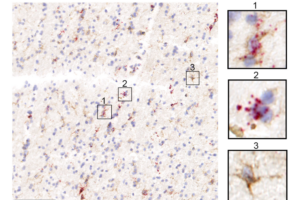
A study of human brain tissue by Guoyan Zhao and colleagues identifies genetic activity in microglia and astrocytes related neurodegeneration and neuropathology among individuals with Alzheimer or Parkinson disease.
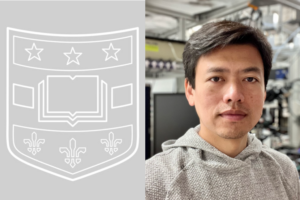
Huang studies memory processing and retrieval in Drosophila and has developed cutting-edge optical tools for observing neural plasticity in behaving flies.
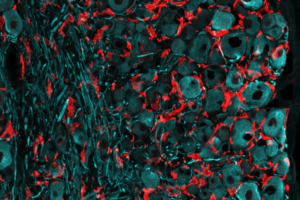
After an injury to dorsal root ganglion neurons adjacent to the spinal cord, resident macrophages work with satellite glial cells to heal damaged axons.
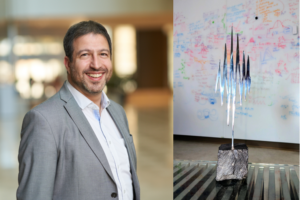
Professor Kepecs presented at the Joint Meeting of the Austrian Neuroscience Association and the Hungarian Neuroscience Society on his approaches to developing methods to accurately model human psychiatric disorders.
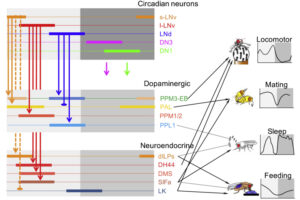
Cellular circuits downstream from circadian pacemaker neurons direct normal daily rhythms of feeding, mating and sleep.
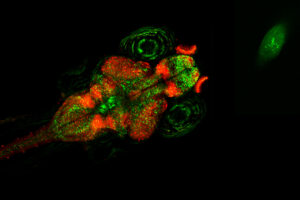
A new study from the Goodhill Lab finds the genetic variant underlying an autism disorder causes changes in fish’s social behavior, preference in visual environment, and neural activity.
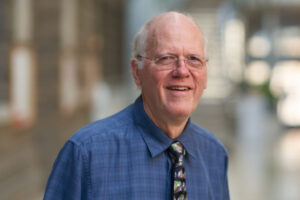
Matthew Glasser, a former graduate student of Van Essen and currently an Instructor in Radiology, also made the 2022 list.
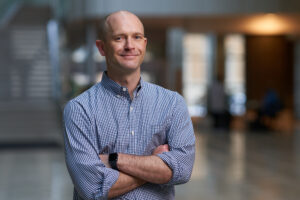
Dr. Gabel receives tenure for his pathbreaking research on epigenomic regulation of brain development and neurodevelopmental disorders, along with his devotion to mentoring and teaching.
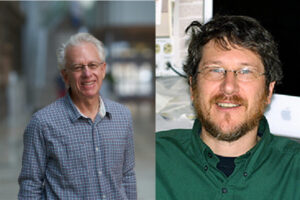
Their dedication to teaching and innovations in the classroom are recognized by one of the highest honors at Washington University School of Medicine.